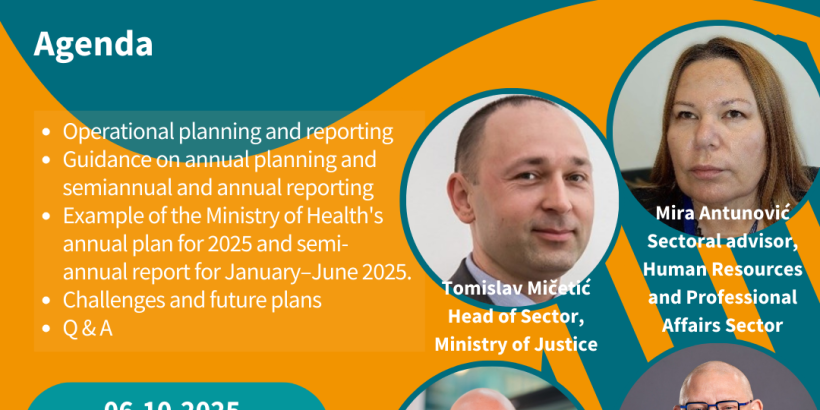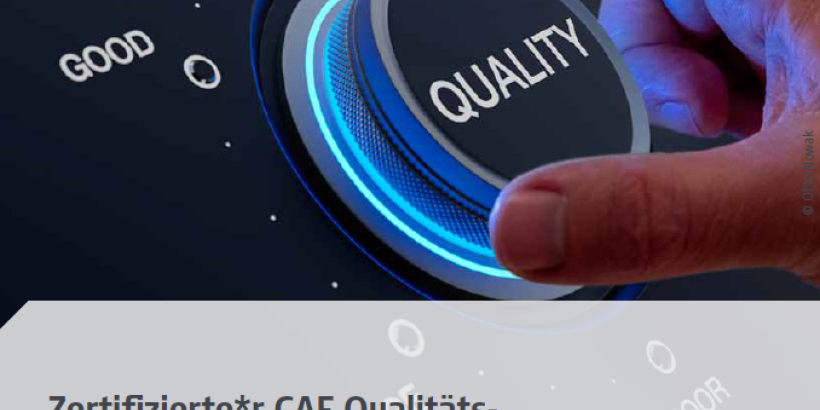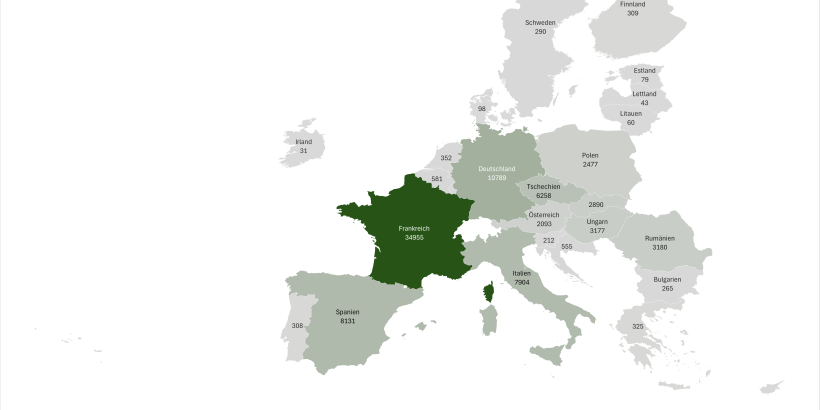CFOs from European cities discuss the digital transformation in Vienna
Technological innovation is not always a clear response to present needs — it may stem from scientific discoveries more or less detached from social pressures, or from speculation regarding future developments. In the case of the public sector, where administrators must limit their actions on the basis of the public goods they are tasked with guaranteeing, new technologies can pose a serious problem.
Government must always interrogate itself as to whether a given innovation represents a genuine value-added. Digital transformation, for example, may increase efficiency and the ease with which citizens can interact with local councils, but it also means that more personal data will be stored online where it can be accessed by hackers.
And yet, apart from their best efforts at calculating costs and benefits on behalf of the citizenry, it is also the case that, as a technology is capitalized on by the private sector and integrated by foreign governments, public servants will be more or less forced to make use of it as well. They will have to keep up in order to interact (and compete) with others. This is particularly the case for municipal administrations when higher levels of their country’s government adopt a technology.
The scope for deciding whether to innovate is therefore limited, but there is room to decide how to innovate; how to apply a technology, and how to secure against its potential dangers.
During its 4th and latest meeting in Vienna, the CSPF drew on the ample experience of its members to explore just that.
We began by hearing from a guest speaker from DG CONNECT to understand how the wider European context is framing technological innovation in terms of the public good and how the European Commission plans to lead the co-creation of appropriate frameworks to integrate it.
Following this, we dug into today’s most promising technologies, as we cannot apply—or anticipate the pitfalls of—what we do not understand. This involved Artificial Intelligence and the issue of Cybersecurity.
Then we turned to examples of fruitful uses of certain new technologies in Barcelona and Hamburg, before, finally, honing in on problems encountered by some of our members in this area (our “Please Help” sessions).
This fourfold approach involving
- the wider policy context,
- technical understanding,
- practical examples and
- a frank discussion concerning problems and uncertainties
has already proven fruitful, but we plan to follow up, press on, and continue contributing to our members and to the improvement of financial sustainability of cities in general.
European Cities for Sustainable Public Finances – CSPF – is a European reference group in local public financial management that unites the Chief Executive Officers/Chief Financial Officers and Finance Managers of the Cities of Amsterdam (NL), Barcelona (ES), Bordeaux (FR), Hamburg (DE), the City of London Corporation (UK) and Trondheim (NO).



